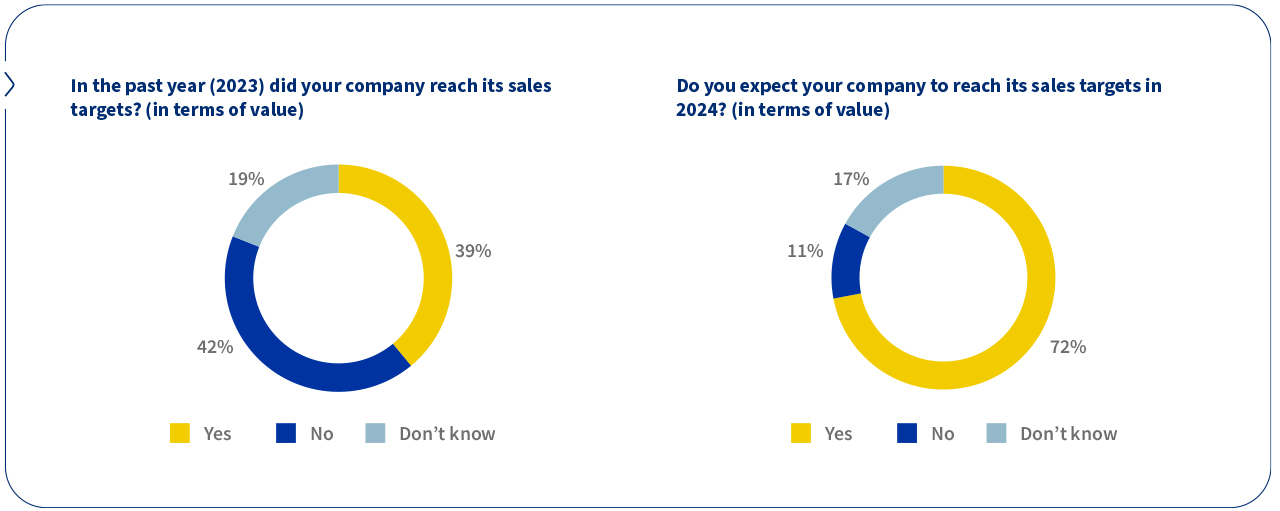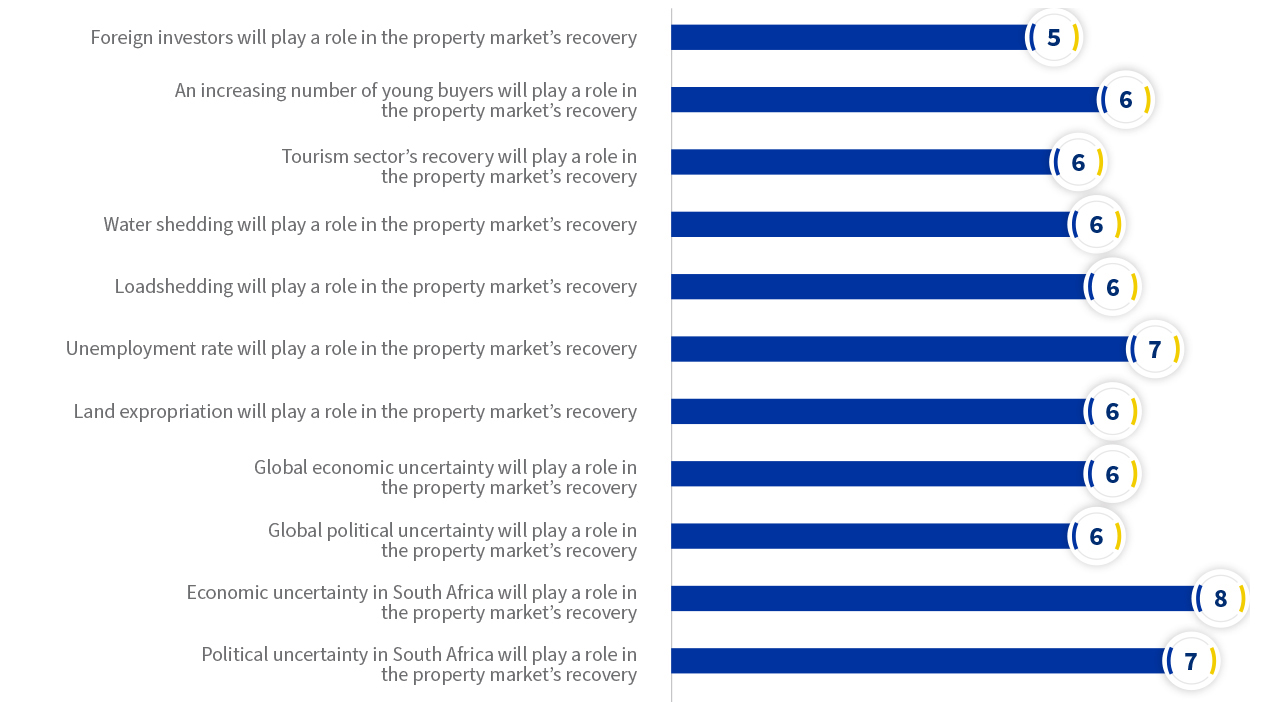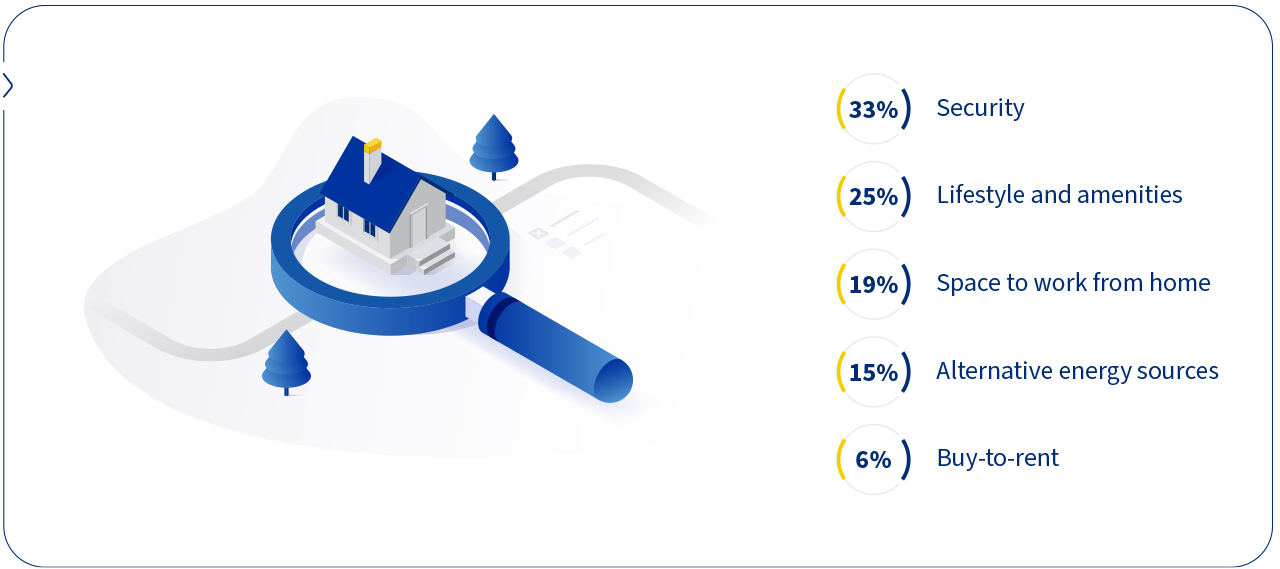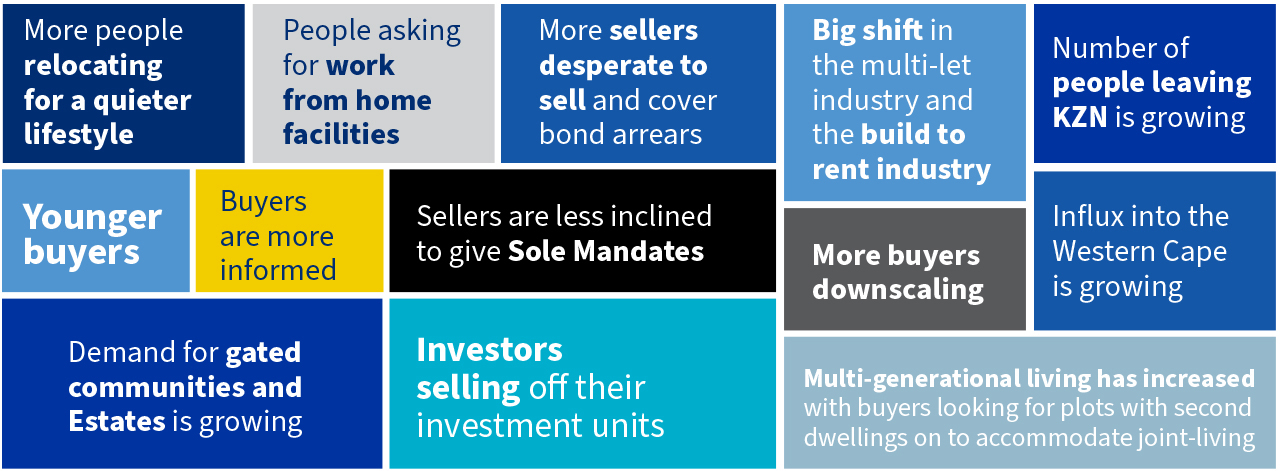Property Newsletter | January 2024
Political and economic certainty will boost SA residential property sales
Estate Agents tell Lightstone’s annual survey they expect a better 2024
Estate Agents surveyed by Lightstone at the end of 2023 say political and economic certainty will lead to better residential property sales after a disappointing 2023, where less than 40% said they achieved volume or value sales targets.
Although South Africa faces hurdles in 2024 which might impact sales – from government interventions (the repo rate, the State of the Nation address, the Budget), to the general election and the raft of socio-economic factors which affected sales in 2023 – most Estate Agents in Lightstone’s annual sentiment survey were optimistic that 2024 would be a better year for the residential market.
Some 73% of Estate Agents felt they would hit volume targets in 2024, with marginally less (72%) saying they would hit value targets – both figures, interestingly, nearly double those agents said they achieved in 2023.

While economic and political uncertainty in South Africa were the major concerns expressed by Estate Agents (see table below), global political and economic uncertainty came next, although tensions in other parts of the world could benefit the local market.
Other negative features weighing down Estate Agent sentiment included unemployment, loadshedding, water shedding and uncertainty around land expropriation.
Positive factors, although not weighted as highly, included foreign investor interest, an increasing number of young buyers and the recovery of the tourism sector.
What will impact the property market’s recovery?
Most Estate Agents say economic uncertainty will have the biggest impact on residential property sales improving, followed by political uncertainty and a drop in the unemployment rate.

Depleting value
Sale values were driven down, Estate Agents said, because of a cocktail of instability, including rising interest rates, loadshedding, over-priced stock, a paucity of new developments, failing municipalities and the deterioration of areas, and rising crime and lack of safety and security.

What are buyers looking for?

Gated communities were increasingly popular as security topped the list of buyer needs, followed by lifestyle and amenities and space to work from home. Alternative energy sources was fourth at 15%, indicative of concern around loadshedding, and Estate Agents said 6% of buyers were looking for properties to rent.
On the flip side, most sellers (see table below) were either relocating to another town or province (21%) or downscaling because of lifestyle changes (21%). Financial difficulties forced 17% to downscale, and 14% sold because they were emigrating. Just 7% were upscaling to a better suburb or higher valued property, and the same percentage were upscaling due to lifestyle change.
Why are homeowners selling?

The impact of interest rates on the market
Unsurprisingly, 46% of Estate Agents said rising interest rates will negatively impact sales, while 41% felt there would be no impact. The repo rate was not adjusted in late January, but further adjustments, upwards or downwards, should be anticipated if circumstances require.
On the positive side, while rising interest rates may put off some homebuyers, more than 50% of Estate Agents think it will push house rentals up and increase demand in the buy-to-let market.
Mixed trends
Despite the optimism for a better 2024, the trends evident in 2023 were a mixed bag, with the state of the economy and its impact on consumers and homeowners wanting safety and security dominating.

Estate Agents were asked whether they noticed “anything different that happened in the property market during the past year”, and generally, responses indicated that political and/or economic uncertainty were the main drivers.
Buyers were increasingly looking for secure properties and gated communities were in demand, while more sellers were emigrating or semigrating (with the Western Cape particularly popular to buyers and sellers wanting to move out of Gauteng and KZN).
Tough economic conditions in South Africa and concern at instability around the world were driving people to downscale or relocate or stay out of the market altogether.
On the positive side, Estate Agents noted that young black buyers were on the increase, as were white women.

.png)
.png)
.png)
.png)